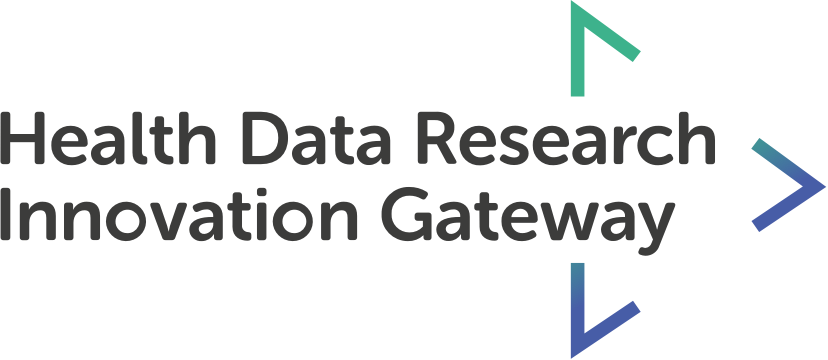Lay Summary
Objectives
To estimate the impact of the COVID-19 pandemic on cancer care services and overall (direct and indirect) excess deaths in people with cancer.Methods
We employed near real-time weekly data on cancer care to determine the adverse effect of the pandemic on cancer services. We also used these data, together with national death registrations until June 2020 to model deaths, in excess of background (pre-COVID-19) mortality, in people with cancer. Background mortality risks for 24 cancers with and without COVID-19-relevant comorbidities were obtained from population-based primary care cohort (Clinical Practice Research Datalink) on 3 862 012 adults in England.Results
Declines in urgent referrals (median=-70.4%) and chemotherapy attendances (median=-41.5%) to a nadir (lowest point) in the pandemic were observed. By 31 May, these declines have only partially recovered; urgent referrals (median=-44.5%) and chemotherapy attendances (median=-31.2%). There were short-term excess death registrations for cancer (without COVID-19), with peak relative risk (RR) of 1.17 at week ending on 3 April. The peak RR for all-cause deaths was 2.1 from week ending on 17 April. Based on these findings and recent literature, we modelled 40% and 80% of cancer patients being affected by the pandemic in the long-term. At 40% affected, we estimated 1-year total (direct and indirect) excess deaths in people with cancer as between 7165 and 17 910, using RRs of 1.2 and 1.5, respectively, where 78% of excess deaths occured in patients with ≥1 comorbidity.Conclusions
Dramatic reductions were detected in the demand for, and supply of, cancer services which have not fully recovered with lockdown easing. These may contribute, over a 1-year time horizon, to substantial excess mortality among people with cancer and multimorbidity. It is urgent to understand how the recovery of general practitioner, oncology and other hospital services might best mitigate these long-term excess mortality risks.Authors:
Lai AG, Pasea L, Banerjee A, Hall G, Denaxas S, Chang WH, Katsoulis M, Williams B, Pillay D, Noursadeghi M, Linch D, Hughes D, Forster MD, Turnbull C, Fitzpatrick NK, Boyd K, Foster GR, Enver T, Nafilyan V, Humberstone B, Neal RD, Cooper M, Jones M, Pritchard-Jones K, Sullivan R, Davie C, Lawler M, Hemingway H.
Original content: https://web.www.healthdatagateway.org/paper/33203640
